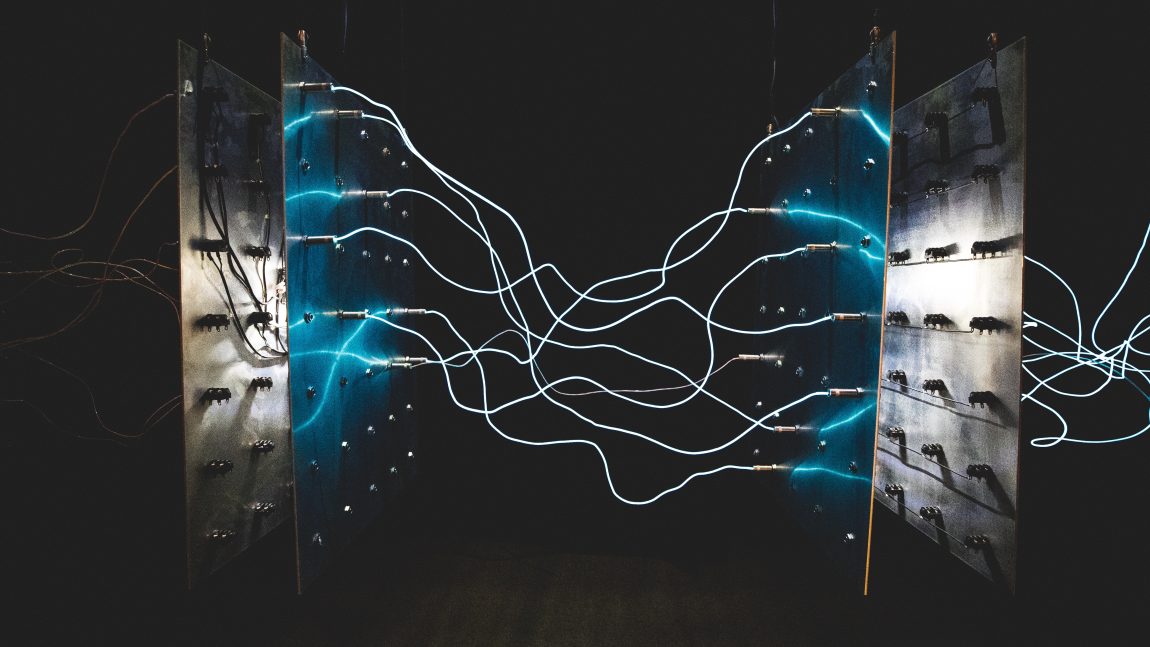The UK Government has set a deadline for the end of 2020, by which all households and small businesses will either have installed the new generation of Smart meters, the SMETS2, or will have been offered a chance to install one.
Recently there has been much speculation and debate in our industry as to whether this goal will be reached – particularly by the end of 2020 – as some analysts have suggested a deadline of the end of 2023 would be more realistic and achievable.
Part of the reason for this likely delay is that small businesses have shown some reluctance in installing these new meters. The problem appears to be that small businesses tend to have slimmer margins, are more likely to be start-ups, and are also more likely to view energy use as a fixed cost which they can do little to alter.
The benefits of smart meters have perhaps also not been clearly communicated to consumers. This is a shame as smart meters have a lot to offer small businesses. Firstly, the process of acquiring a SMETS2 meter is not cumbersome – almost all suppliers have a section on their website in which you can register your interest for a SMETS2 installation. After this has been done, your utility supplier will get in touch with you regarding an installation date – and that is all, no really, that is all.
Once installed you’ll never have to read your meter again, and they offer certainty you’re paying for your actual consumption and not an estimated figure calculated from your historical data. This is particularly important if a business is making genuine efforts to become more energy efficient – if their older meters are not read regularly, they will not see the fruits of their efforts reflected in their bills until their meter is eventually read again. Also important to note is that if you switch supplier, you won’t need to have a meter exchange and you won’t lose your smart meter features unlike with some of the first generation SMETS1 meters.
On top of this, having a Smart meter allows your business to integrate with technological products which leverage off the innovative technology of the SMETS2. For example our new mobile App fluttr – ‘small actions – one movement’ – is an app designed to help small hospitality businesses, which traditionally do not have dedicated on-site energy management staff. Its features and design consider the unique requirements of both smaller businesses and hospitality operations, such as restricted budgets and time, as well as the significant variation in daily business levels. Get in touch to find out more



